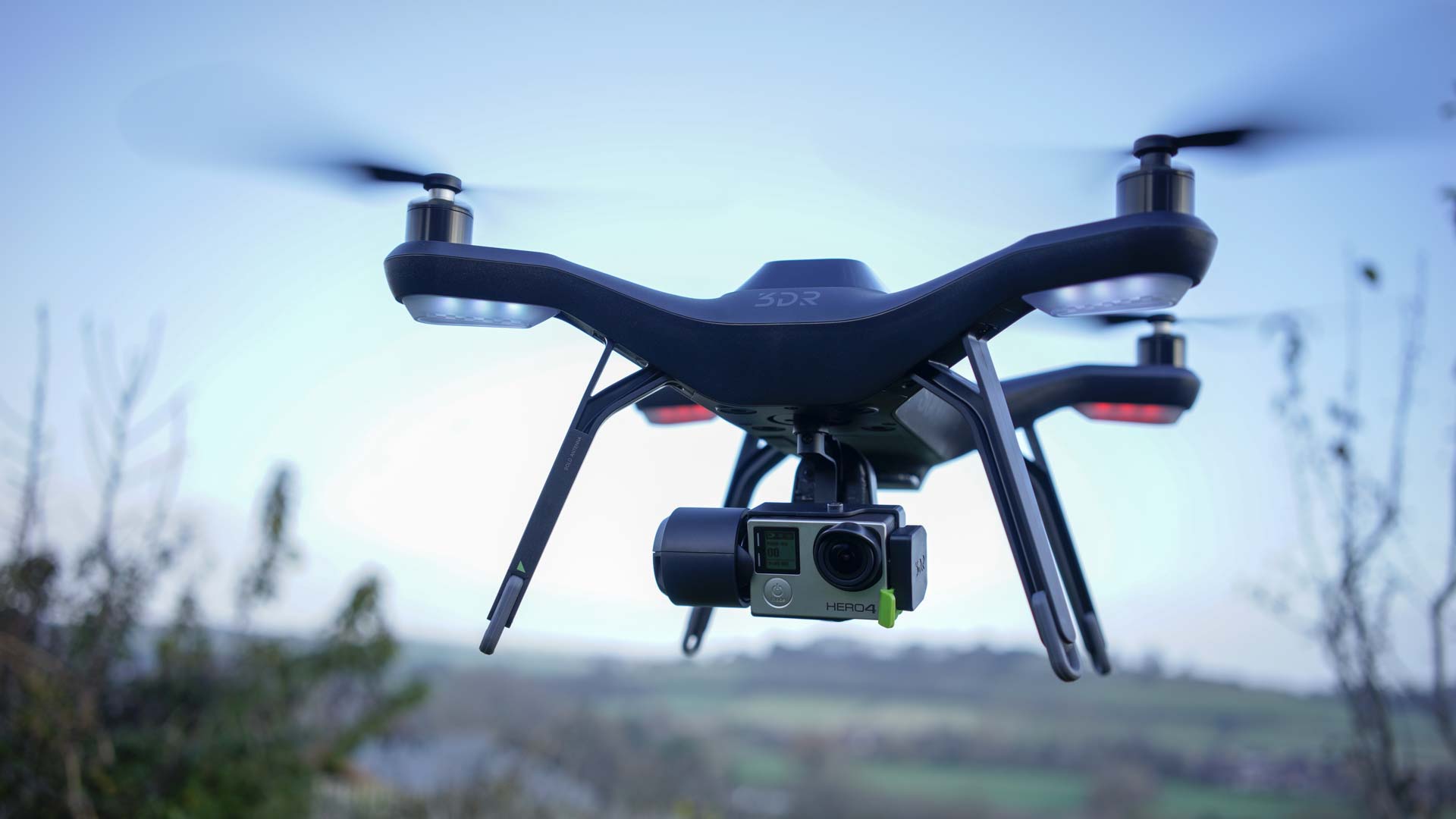Aerospace authority calls for better enforcement of existing drone laws, not registration
'There is no point in creating new rules which people continue to ignore'

News that a hobbyist drone collided with a British Airways passenger jet has sounded the alarm for better regulation of the drone market, but the UK's aerospace trade organisation has warned against hasty additional legislation.
Speaking to techradar, Paul Everitt, CEO of the ADS Group (Aerospace Defence Security), said that they would "rather see the regulations that already exist effectively enforced", adding "there is no point in creating new rules which people continue to ignore."
Everitt said that hobby drone users need to be "sensitized" to the specific dangers of drone usage, while more practical measures should be adopted to ensure that laws are being complied with. "There is no point in creating new rules which people continue to ignore," he said.
Last month the House of Lords also called for compulsory registration of all commercial and civilian drones, following the introduction of a similar law in the US that means all drones weighing between 250g and 25 kg must be registered.
In the UK, rules for flying domestic drones, as outlined by the UK Civil Aviation Authority, stipulate that all drones must be visible to the controller, flown below 400ft, and not be flown in congested areas. Flying a drone close to an airplane is considered illegal and could land a jail sentence.
ADS's Everitt said that, although safety is the biggest concern, existing rules should be enforced effectively before further legislation is considered.
"We have a problem that there are lots of people gaining access to the technology," said Everitt. "I think there needs to be more, as the CAA [UK Civil Aviation Authority] has been, in building awareness of the regulations that do exist."
Sign up for breaking news, reviews, opinion, top tech deals, and more.
"We need to be sensitizing people to the specific dangers around specific areas. I think those are the first steps we take before taking other steps."
Mandatory registration
Everitt questioned how effective a UK registration system would be at stopping people from using drones in dangerous spaces like airports, especially as those doing so may be choosing to ignore the rules rather than being ignorant to them.
"Here we've got people who are flying these near airports," said Everitt. "Do we believe those people are going to be registering them? And if they do, does that mean they'll act appropriately?"
"It may be that those steps [of registration] are necessary and we introduce a regime that makes it more difficult to purchase or sell this tech, but before we do that we need to make sure we're creating an enforcement regime that we can say delivers, and that any additional regulation will provide a better outcome".
Part of this, said Everitt, will involve deciding who takes responsibility of fully enforcing the laws. "The CAA does not have the resources… It can't send people round and check all people are flying their drones at the appropriate height."
Right now it's believed that only a small minority of people are using drones dangerously. The extent of the risk in drones colliding with planes is unclear, but it's likely that the collision with the BA aircraft will bring greater urgency to the situation.
However, Everitt used the 1991 Dangerous Dogs Act act as an unfavorable example of another knee-jerk legislation passed to quell public uproar, and later considered unfit for purpose.
He also raised concern that any hasty legislation might lead to reputational damage that could slow progress of autonomous aircraft. "Poor impact could impact on the bigger opportunity," he said.

Hugh Langley is the ex-News Editor of TechRadar. He had written for many magazines and websites including Business Insider, The Telegraph, IGN, Gizmodo, Entrepreneur Magazine, WIRED (UK), TrustedReviews, Business Insider Australia, Business Insider India, Business Insider Singapore, Wareable, The Ambient and more.
Hugh is now a correspondent at Business Insider covering Google and Alphabet, and has the unfortunate distinction of accidentally linking the TechRadar homepage to a rival publication.